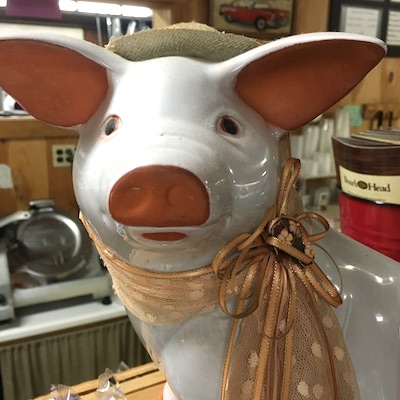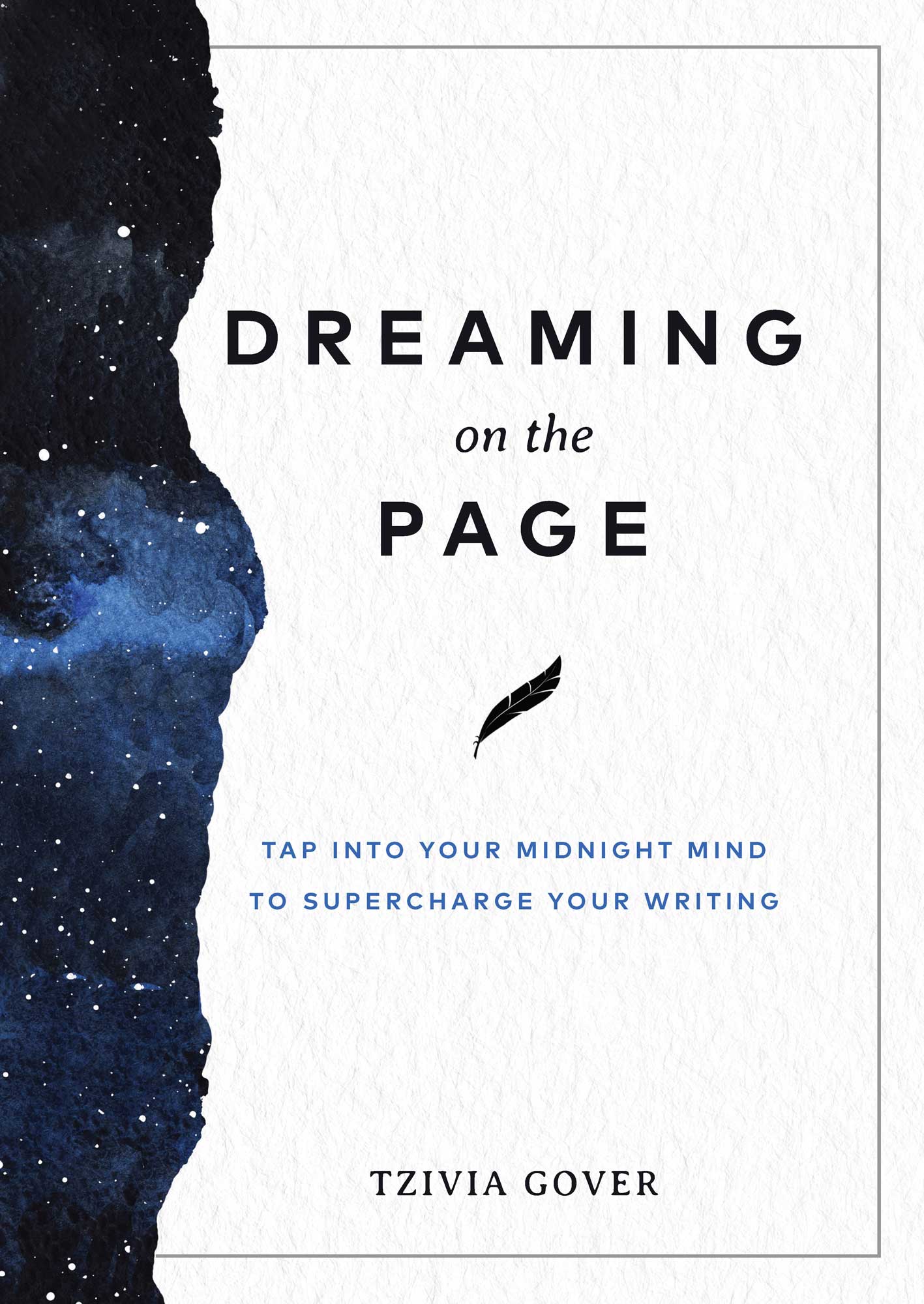
Saying Yes to a Piggy-No-No
Learning the rules, and breaking them
My seventh-grade English Teacher, Mrs. M, counted clichés among her list of “Piggy No-Nos” for good writing. And while there are still items on that list that guide my writing to this day, when it comes to clichés, I’m guilty as charged. After all, one of the words that defines my life’s path is Dream, a word that is embedded in expressions that have little to recommend in the originality department, but which are useful for their heartfelt sincerity. Take for example: Dream big. Not in my wildest dream. Dreams come true…and so on. Cue up images of moons and stars and people soaring through feathery clouds in white flowy garments.
And then there’s my twin passion: poetry. As a word, poetry is not quite as overused, but still, first thoughts usually go to roses, quill pens, and hollow rhymes. But mostly poetry and clichés are natural adversaries. Poetry at its core abhors trite language; its purpose is to invite us to use words to describe the indescribable!
So combining dreams and poetry, as I so often do, contains what many see as a mission with an embedded flaw. Dreams are among those Piggy-No-Nos (along with the color blue, according to one of my grad school poetry teachers) that serious writers are warned to avoid. Of course, I object to such wholesale dismissals. In fact, I have file folders overflowing with favorite poems that use the word dream or that describe dreaming.
Then again, I admit that I’m guilty as charged when it comes to waxing poetic about dreams and poetic writing–and sounding like a dreamer whose feet are not planted firmly on the ground in the process. Thus I fall almost daily into the trap that Mrs. M. tried to help me steer clear of.
Standing up for clichés
In my defense, as I often tell my writing students (sorry Mrs. M.) clichés are clichés for a reason! They are small packets of syllables that contain time-tested truths. Often they help describe otherwise hard-to-pin-down concepts. As with core human experiences like beauty, joy, love, and great sorrow, it’s hard to put words to how poetry and dreams move us. Maybe that’s because they’re both paradoxical experiences:
- To dream, we close our eyes and sleep—in order to wake up and see our lives in a whole new way.
- In poetry, we rely on words to describe experiences that defy definition and can not easily be reduced to a string of syllables.
What are dreams? Let’s leave that question to the poets. What is poetry? I say it’s dreaming on the page. If you find this kind of confusion delightful, you are likely a dreamer and a poet yourself.
With apologies to Mrs. M: I’m claiming a small basket of cherished clichés and keeping them close. And I’ll continue to use both dreams and poetry to bring my writing alive–and to encourage others to do the same.
© 2022 Tzivia Gover, All rights reserved
Ready to write?
Try a Dreaming on the Page workshop or consultation, designed for dreamers who love to write, and writers who want to tap into their dreams for inspiration and guidance.
Books on Sleep, Dreams, and Writing
Purchase one of my books on sleep & dreams, mindfulness, and everyday joy–including my brand new book for children and the adults who love them, How to Sleep Tight through the Night. PLUS I have a new book coming out in January combining dreams and writing! Stay tuned for more.

